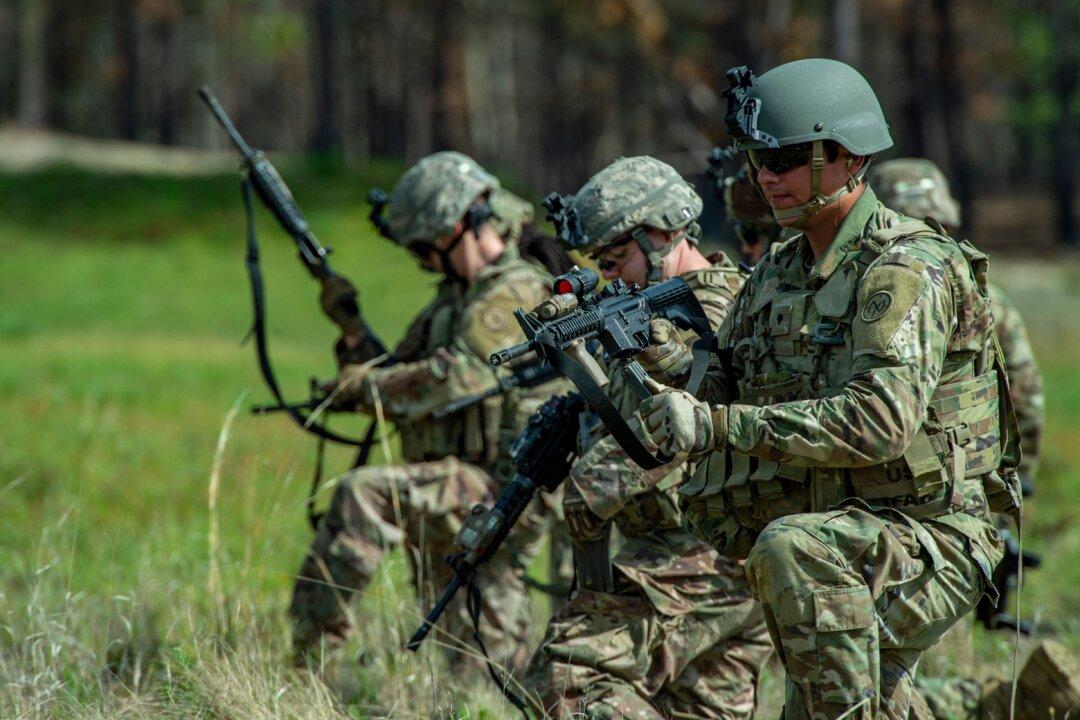When the United States acts, the world is always watching, and one of the loudest messages since President Joe Biden took office came from how the United States handled its withdrawal from Afghanistan in August 2021.
What message did that send globally to other government leaders who may see America as an adversary? That was a question asked by Tony Perkins, president of Family Research Council, during a panel discussion Thursday about America’s role on the world stage at the Pray Vote Stand Summit in Atlanta hosted by FRC Action, the legislative affiliate of Family Research Council.





